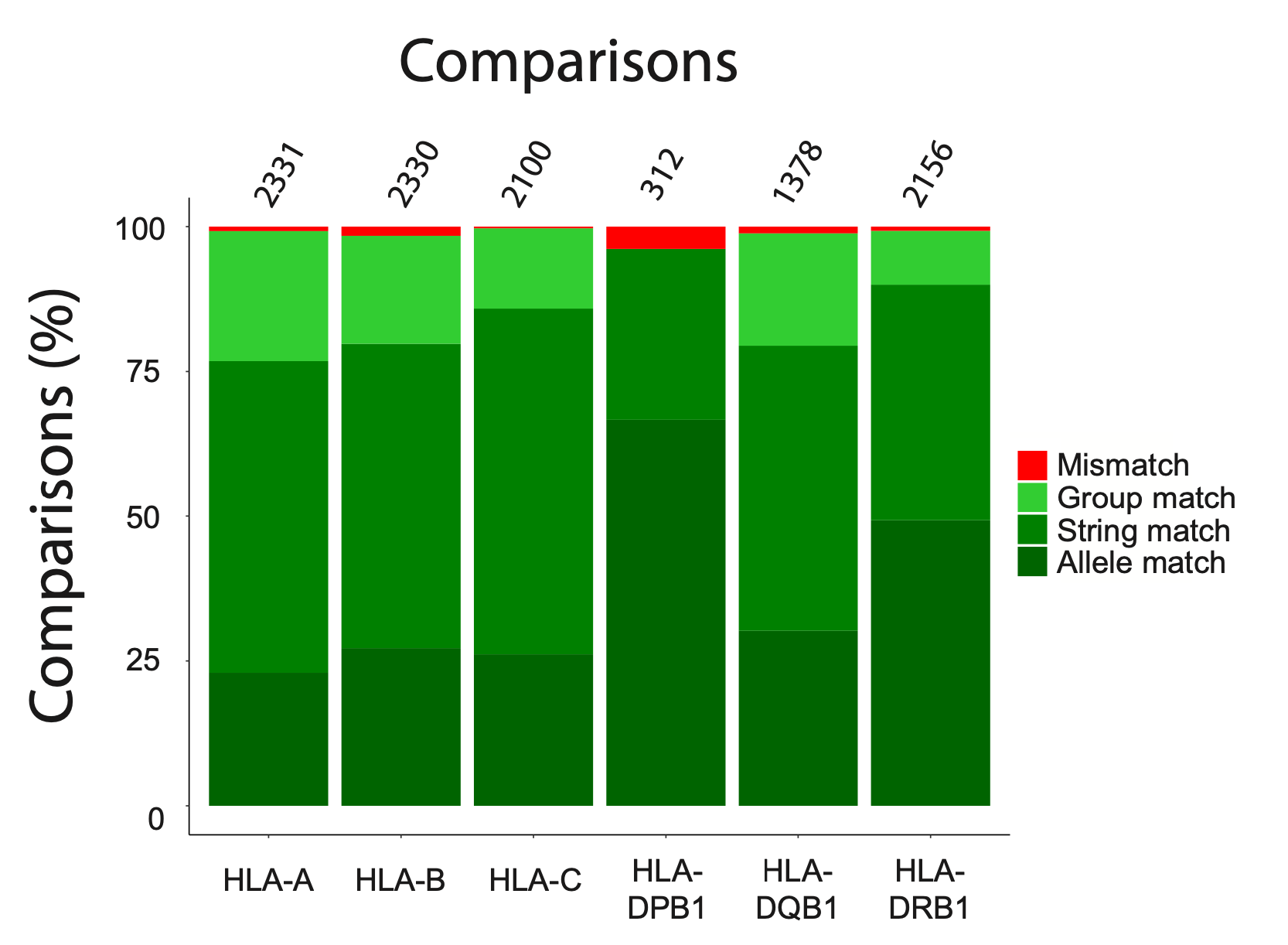Abstract Number: PB0151
Meeting: ISTH 2022 Congress
Theme: Diagnostics and OMICs » Blood Components and Management
Background: Immunisation against HLA antigens results in adverse healthcare outcomes and significantly increased costs for inherited platelet disorder (IPD) and haemato-oncology patients requiring platelet transfusions. In a single tertiary London centre two of 17 patients with Glanzmann Thrombasthenia or Bernard Soulier Syndrome are refractory to random platelets because of HLA-antibodies. Sourcing HLA-matched platelets for these patients is not possible and costly treatments with activated recombinant-Factor VII are required. These immunisations are avoidable with a sufficiently HLA-typed donor pool.
Aims: To apply population-scale genotyping for provision of HLA-matched platelets.
Methods: The Blood transfusion Genomics Consortium (BGC) has developed an affordable genotyping array capable of typing all red cell, platelet (HPA) and HLA antigens at two-field resolution. Validation has been performed using DNA samples from 14,000 donors from 7 BGC-participating blood services. HPA and HLA types were inferred from the data using the bloodTyper and HLA:IMPUTE02 algorithms.
Results: Genotyping demonstrated concordance of 99.03% at two-field resolution with clinically validated HLA typing results (Fig.1). Using the dense genotyping data for the donors in this study, we were able to identify 8 and 114 exact HLA matched donors for the two IPD patients with HLA-antibodies, where through standard care none could be identified due to a lack of HLA-typing data.
Conclusion(s): We present an affordable array-based genotyping platform which has immediate value in increasing the availability and match quality of HLA-matched platelet concentrates for IPD and Haemato-Oncology patients. Currently, regulatory approval is sought and the technology has been introduced in several national blood services. In the near future full HLA and HPA antigen types will become available for millions of donors worldwide, providing the opportunity to implement a policy of genomics-based precision platelet matching.
Figure 1
Figure 1 – Concordance between clinical and array inferred HLA antigen typing results. Concordance per antigen is shown as a percentage of the total number of comparisons -given at the top of each bar- with concordant and discordant results in green and red, respectively. The concordance was assessed at group, string and allele match levels.
To cite this abstract in AMA style:
Gleadall N, Fenton R, Hart D, Winter P, Lee K, Booth C, Walker L, Stanworth S, Genomics Consortium B, Ouwehand W, Astle W, Sivapalaratnam S. Automated genotyped matching of platelets to prevent alloimmunisation [abstract]. https://abstracts.isth.org/abstract/automated-genotyped-matching-of-platelets-to-prevent-alloimmunisation/. Accessed May 13, 2024.« Back to ISTH 2022 Congress
ISTH Congress Abstracts - https://abstracts.isth.org/abstract/automated-genotyped-matching-of-platelets-to-prevent-alloimmunisation/

